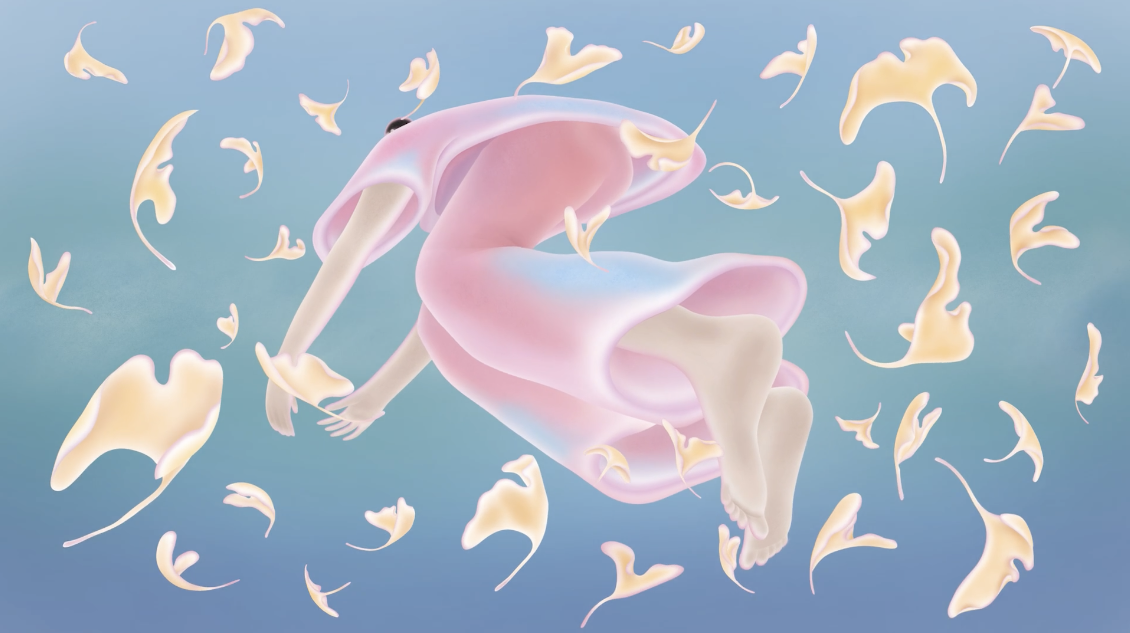Breakthrough finding discovers cause of insomnia

Adobe
- Dutch scientists compared the brain scans of people invoking shameful experiences.
- Insomnia suffers can’t neutralize distressing memories as well.
- The anterior cingulate cortex is the part of the brain linked to insomnia.
New research from scientists at the Netherlands Institute for Neuroscience points to the underlying cause of insomnia – a sleep disorder affecting up to a half of all adults at some point. Sufferers from insomnia are unable to resolve experiences as neutralized memories while the good sleepers have no trouble doing so.
The experiment consisted of making 57 Dutch participants, 18-70 years of age, relive shameful experiences while their brains were getting MRI scanned. The memories were supposed to be from decades ago.
The brain scans showed that participants who slept well were able to turn shameful experiences into neutralized memories. The insomniacs, on the other hand, had trouble achieving the same neutralization of emotional disturbances.
This discovery fits well with what we already know about the purpose of sleep. It is the time for us to solidify the memories of important experiences but also to address emotionally-distressful aspects of such memories. During sleep, connections between brain cells are either strengthened or weakened, consolidating memories or getting rid of them. Those who are able to do such mental processing without trouble get better sleep.
Interestingly, the study builds upon previous research from the same team where the invoked shame related to making the subjects listen to their karaoke recordings. These were made previously without telling the subjects what they were for, while they had to wear headphones, making their singing even worse.

Responses to novel and relived experiences among the good sleepers vs insomnia sufferers.
Brain/Netherland Institute for Neuroscience.
The study adds to the growing amount of evidence that insomnia risk genes are particularly linked to the limbic circuitry of the brain. More specifically – the anterior cingulate cortex (ACC), known to regulate emotion. The researchers implicate this region in “insufficient long-term adaptation to emotional memory” among insomnia-sufferers. Without sleeping well, events that happened decades ago trigger emotional circuits as if they are taking place now.
The findings also relate to the fact that insomnia is a primary risk factor leading up to mood disorders, anxiety and PTSD.
You can read the study, led by Rick Wassing, Frans Schalkwijk and Eus van Someren in the scientific journal Brain.





